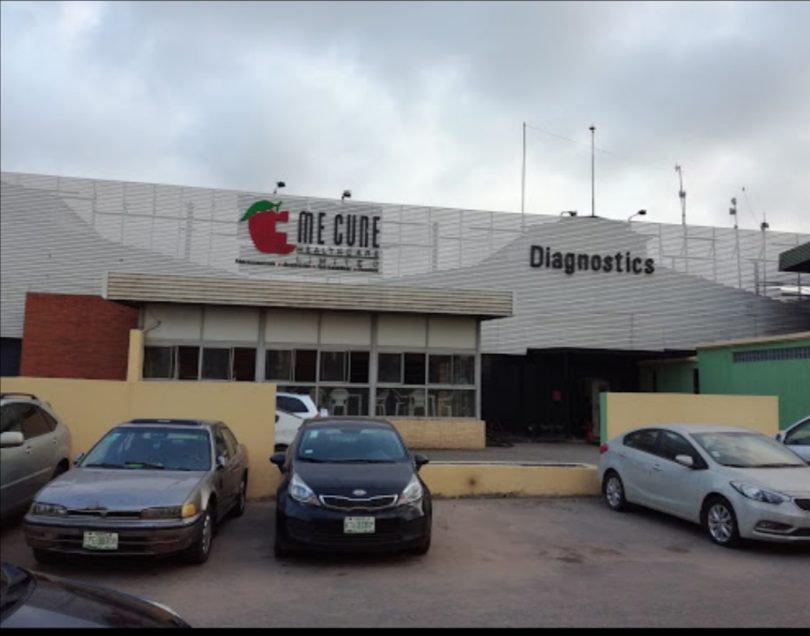When GlaxoSmithKline (GSK) exited Nigeria in late 2023, it left a major gap in the country’s pharmaceutical supply chain. One of the most affected products was Augmentin, GSK’s well-known brand of amoxicillin and clavulanate potassium. The antibiotic had long been a household name for treating bacterial infections.
After GSK’s exit, Nigeria turned almost entirely to imports to meet demand. Prices quickly spiralled. A pack of Augmentin 625 mg, previously sold for between N3,000 and N4,000, surged to as high as N25,000 in some pharmacies. Imported substitutes followed the same path. Fleming 625, made by Sanofi, rose from N3,000 to N7,000. It currently sells between N12,000 and N14,000 per pack.
As prices soared, Mecure Industries saw an opportunity. The Lagos-based pharmaceutical company announced plans to manufacture the amoxicillin–clavulanate combination locally. Its move came at a time when Nigeria faced rising import costs, especially in the antibiotic OTC division.
In the first quarter of 2024, Mecure secured approval from the National Agency for Food and Drug Administration and Control (NAFDAC) to begin production. The approval followed the completion of its Beta-Lactam plant, a facility designed for antibiotic manufacturing.
Read Also: Nigeria nears first locally produced antibiotic as MeCure gets NAFDAC’s nod – Businessday NG
That decision has reshaped Mecure’s financial trajectory. The company’s antibiotic production line, launched in the first half of 2024, became its biggest revenue driver. Alongside its diclofenac product, the amoxiclav line generated N20.9 billion in the first half of 2025. This accounted for 56 percent of total company revenue.
The growth has been swift and dramatic. Mecure’s total revenue rose to N37.3 billion in H1 2025, up 118 percent from N17.1 billion in the same period of 2024. Profit also surged. The company recorded a net income of N2.7 billion in H1 2025, compared with N936.8 million a year earlier, an increase of 191 percent.
The strong earnings have been reflected in the stock market. Since listing on the Nigerian Exchange (NGX) on November 8, 2023, Mecure’s share price has soared. From a debut price of N2.96, the stock closed at N28.40 on October 13, 2025. That represents a gain of nearly 860 percent in less than two years. Year-to-date in 2025, Mecure shares are up by 104 percent.
The company’s strong fundamentals have earned it a higher market valuation. Based on H1 2025 earnings, Mecure trades at a price-to-earnings (P/E) ratio of 20.88x. This is well above Fidson’s 8.27x and May & Baker’s 6.81x, though still below Neimeth’s 59x.
Analysts say investors are responding to Mecure’s rising dominance in the local antibiotics market. “Mecure’s capacity to manufacture high-demand antibiotics locally gives it a major competitive advantage,” one analyst told BusinessDay. “Investors are betting on its ability to sustain that growth.”
Read Also: What to know about MeCure, the company set to produce Nigeria’s first antibiotics – Businessday NG
The company’s success also underscores a broader industry shift. As multinationals exit Nigeria’s pharmaceutical scene, local manufacturers are stepping in. For example, Fidson and Emzor with their artemether and lumefantrine combination. Ciprofloxacin by Fidson (Ciprotab) is also another effort by a Nigerian pharma to aid Nigeria’s reliance on imported drugs.
Mecure’s story basically highlights how local innovation can help Nigeria move closer to pharmaceutical self-sufficiency, one drug combination at a time.

